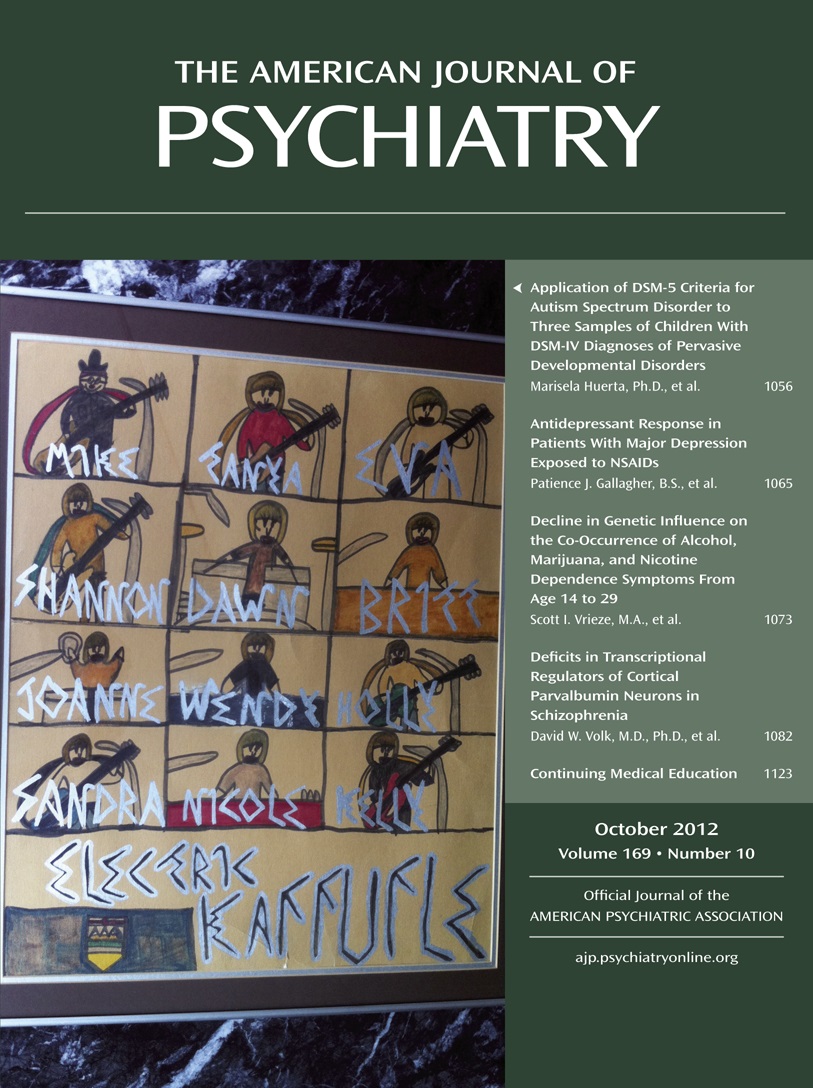John M. Oldham, M.D., M.S., 138th President, 2011–2012
John Oldham was born in Muskogee, Oklahoma. A critical event occurred just a few minutes before: the birth of his twin brother Jim, who is here with us today. Jim, a retired Professor of Labor Law at Georgetown, labored unsuccessfully to keep his younger brother in his place, but as today demonstrates, John persevered. Their father worked in the natural gas industry, and they moved among a number of Texas cities before they completed high school, a pattern we see replicated in John’s career. He received a B.S. in engineering from Duke, an M.S. in neuroendocrinology and an M.D. from Baylor, to which he returned in 2007 as Professor of Psychiatry, Executive Vice Chair and Chief of Staff of the Menninger Clinic. In the intervening 40 years, he interned at St. Luke’s in New York, trained in psychiatry at Columbia, met his wife Karen, a physician, served in the Air Force, completed his psychoanalytic training, and was on the faculties of Columbia, Cornell, and the Medical University of South Carolina. While rising to the peak of every aspect of psychiatry, he and Karen raised Madeleine, the director of a research and development lab for the creation of new plays at the Berkeley Repertory Theater, and Michael, a neuroscientist at the Broad Center of UCSF, studying how patterns of gene activity change over space and time. Both are with us today.
The Oldham household also includes 12 cats and two birds, so John has had ample experience herding large and heterogeneous flocks—good preparation for the presidency of the APA.
I first met John when I was Residency Training Director at Columbia, where he was a resident and then Chief Resident, and again when we were both on the Cornell faculty. I was senior to him and spent a fair amount of time trying to find something that I could teach him, but with little success. John is a natural clinician, a skilled administrator of complex systems (two academic departments, three major psychiatric hospitals, the New York State mental health system through the 9/11 crisis, and now our profession). He has made important scientific contributions to the study of personality disorders and is a master teacher, with awards from students. The theme he selected for this meeting is “integrated care.” He himself has integrated his several talents into becoming a remarkable leader. Last year, he emphasized four priorities for the APA: psychiatry as part of medicine, quality treatment, integrated care, and research and education. It is hard to imagine someone whose personal traits and professional experience could better suit him to lead the profession in pursuing this agenda.



